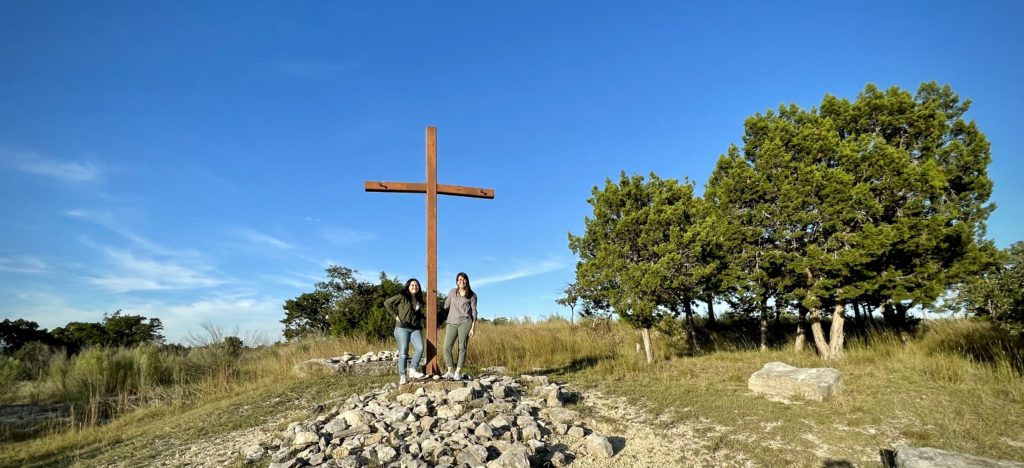"Heaviness in the heart of man maketh it stoop; but a good word maketh it glad." (Proverbs 12:25 KJV)
Truth be told; I rarely read from the KJV. I’m a firm believer in reading the translation you readily understand. That said, this is the YouVersion verse of the day and for whatever reason, I clicked on ‘compare versions’ and the KJV captured my attention. I can picture it: a stooped over heart. Can you?
I have been hunched over so many times in the past ten years; I’m beginning to wonder I’m preconditioned congenitally? I think of the nursing home residents with humped backs and wonder how many hurts have to happen to pull a person completely in on herself?
We can guard against it. This scripture informs us, a good word makes a glad heart. The best Word I know is the one I bow before each morning as the sun makes it’s way over the horizon. Re-tethering my heart to the holy text straightens my spine and reinforces my joy.
I was reading it yesterday, the little book about shepherding that has pulled me along the path for the past few weeks. Philip Keller explains it well: we climb the mountain of God by way of the valley with God. The deep, shadowy cracks contain rivers and streams, and in such altitude and exertion, we require continual refreshment. In His infinite mercy, the Good Shepherd provides us with a well-watered route, even in the most extreme terrain, as we pick our way to the pinnacle. Remarkably, we are repeatedly refreshed and restored amidst our most heart-wrenching stretches.

I look back over the mountain ranges I’ve already traversed and I can see how my soul has been sustained in thinnest air. My heart has been propped up under greatest weight. When we submit to the Word (in person and text alike), we find the strength and stamina to keep standing tall through the toughest terrain. No permanent hunched-over hearts for the ardent Christ-followers.
"Even though I walk through the valley of the shadow of death, I fear no evil, for You are with me." (Psalm 23:4 NASB1995)
It turns out, the valley of the shadow of death is a geographical location. I discovered this amidst an intersection of information this past week: our Chosen episode included a side-trip to Wadi Qelt and my Psalm 23 research referred to Wadi Qelt as the treacherous path between Jericho and Jerusalem.
You may recall from the parable of the Good Samaritan; this passage was fraught with risk. When shepherds took their sheep through it’s shadows, they both led and kept their sheep close. Like the thieves in Jesus’ narrative, many predators laid wait in the stones along the pass, but also kept watch from above. The shepherd stayed in high alert in such situations, and therefore the sheep need not fear.
Likewise, when we pick our way through steepest mountain grades, we let the Good Shepherd lead and we stay as close as possible. We rely on the written and living Word to help us find our way to the top.
So what about today? What if we are already bent over by the cares and burdens of life? There’s a woman in scripture who stared at the ground for eighteen years before she finally encountered Jesus and received her healing.
"Jesus called her forward, and said to her, "Woman, you are set free from your infirmity." Then He put His hands on her, and immediately she straightened up and praised God." (Luke 13:12-13 NIV)
This hunkered down woman was able to stand up straight when she interacted with the Living Word. And her response to Jesus’ powerful presence? Praise. Her heart was glad.
"I will praise You with an upright heart as I learn Your righteous laws." (Psalm 119:7 NIV)
The cure for our hunched over heart is close contact with the Word.
"My comfort in suffering is this: Your promise preserves my life." (Psalm 119:50 NIV)
Lord, we are so grateful for Your Word. We can’t imagine the condition of our heart without You. Your promises pull us up and out of the spiral that so often sucks our soul into distress. You straighten and strengthen. You remake us glad and even grateful. Remind our hearts to keep coming to You in every and all conditions. Amen.